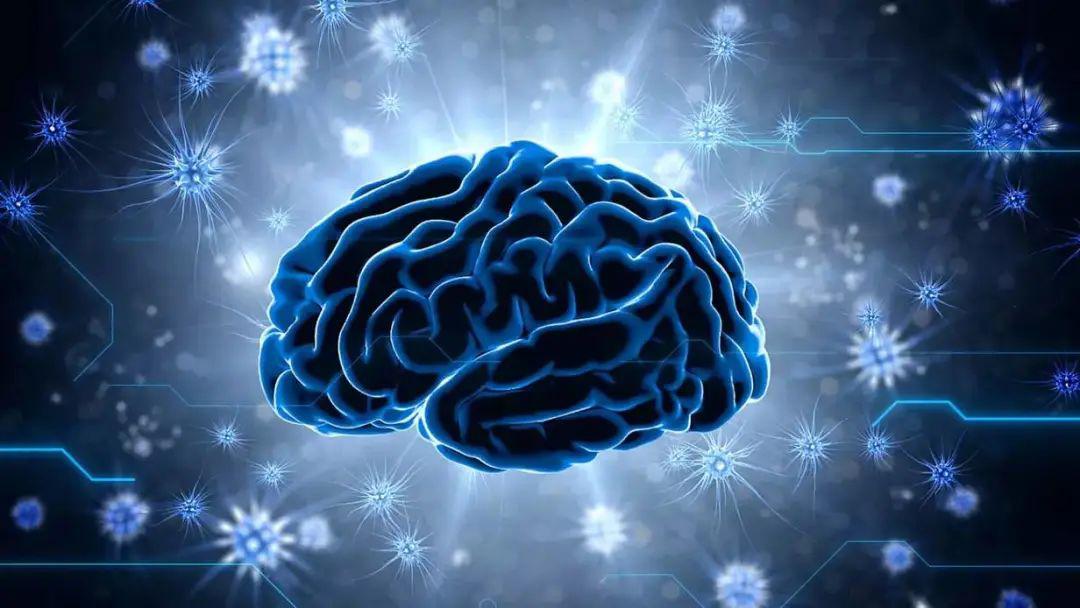

Wellness Hub
MCI can be an early stage of Alzheimer’s disease, and the sooner it is diagnosed, the better the outcome. So it’s important to recognize the differences between normal aging and more serious cognitive decline.
Understanding Mild Cognitive Impairment Symptoms
Tip-of-the-tongue moments are normal with aging. But when other signs of cognitive decline occur too, something more serious may be going on.Almost everyone can relate to misplacing their car keys or forgetting the name of an actor in their favorite movie. It’s a type of memory lapse that can become even more common with age.In other cases, though, these incidents can be a sign of mild cognitive impairment (MCI), which can develop into Alzheimer’s disease or another type of dementia.
“As we get older, our bodies and our brains age.” That’s why it can be easy to regard problems with memory or reasoning as a normal part of aging. “But there are some symptoms or warning signs that may indicate something more serious is going on .”

MCI and Alzheimer’s: What’s Happening in the Brain
Mild cognitive impairment is characterized by a wearing down of the myelin sheath that surrounds neurons, which are nerve cells responsible for sending and receiving messages between the brain and other areas of the body. As the protective myelin erodes, communication between neurons slows down, which can interfere with the ability to retrieve memories and information. That’s typically the reason for those tip-of-the-tongue moments that are familiar to many people as they head toward their 60s and beyond.[1][2]
MCI can remain stable or — for 10 to 15 percent of people diagnosed with the condition — progress to Alzheimer’s disease or another type of dementia, according to the Alzheimer’s Association. In this case, the damage to the neurons is due to abnormalities in certain naturally occurring proteins in the brain called amyloid and tau. Neurons eventually stop working altogether, and the connections between them break down.
In the early stages of both MCI and Alzheimer’s, the damaged neurons are usually located in the hippocampus, which is the area of the brain involved in memory storage. Later on, the neurons elsewhere in the cortex — areas responsible for language, social behavior, visual spatial ability, math, and reasoning — can also be affected.[3]
Early Signs of MCI Due to Alzheimer’s
People with Alzheimer’s disease will often experience more severe memory loss than people who are aging normally. This degree of memory loss leaves them “amnesic” — unable to remember new information. They typically repeat, ask questions over and over, and rapidly forget what was said between questions.
Among the signs of Alzheimer’s are:
Memory Loss That Interferes With Normal Functioning
One of the most common (and earliest) signs of Alzheimer’s disease is an inability to remember information, particularly new information. Over time, this memory loss can start to take a toll on daily life. A person in the early stages of Alzheimer’s may forget about appointments, medications, how to get to a familiar location, or how to pay bills. They may forget what they need at home and buy the wrong things. They may make errors driving or get lost.
Difficulty Doing Familiar Tasks
When Moreno asks people with Alzheimer’s what prompted them to see a doctor, they often say they’ve been having trouble doing activities that they did their whole life. “Tasks that had been so normal and easy for them were now becoming more and more difficult,” she says.
Other signs of MCI or Alzheimer’s include difficulty keeping track of time and dates, trouble judging distances, withdrawal from family and friends, and poor decision-making (such as overspending). All of these can make daily life challenging and even unsafe.[4]

When to See a Doctor
It’s important to get a diagnosis as soon as possible, because the medications that slow the progression of the disease work best when used early. It’s never too early to get help for distressing symptoms of memory loss, functional problems, and neuropsychiatric problems, such as anxiety, depression, apathy, and irritability. By the same token, don’t avoid diagnosis and treatment because you think it’s too late.[5]
It can be hard to face the reality of decline that [you or] a loved one is experiencing , You have to put safety above everything else.
Sources:
[1]How Memory and Thinking Ability Change With Age. Harvard Health Publishing. August 30, 2017.
[2]Memory Problems, Forgetfulness, and Aging. National Institute on Aging. November 22, 2023.
[3]What Happens to the Brain in Alzheimer’s Disease? National Institute on Aging. January 19, 2024.
[4]10 Early Signs and Symptoms of Alzheimer’s and Dementia. Alzheimer’s Association.
[5]How Is Alzheimer’s Disease Diagnosed? National Institute on Aging. December 8, 2022.
